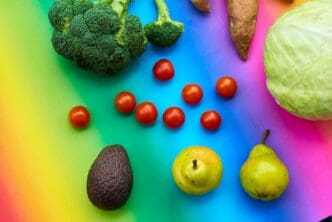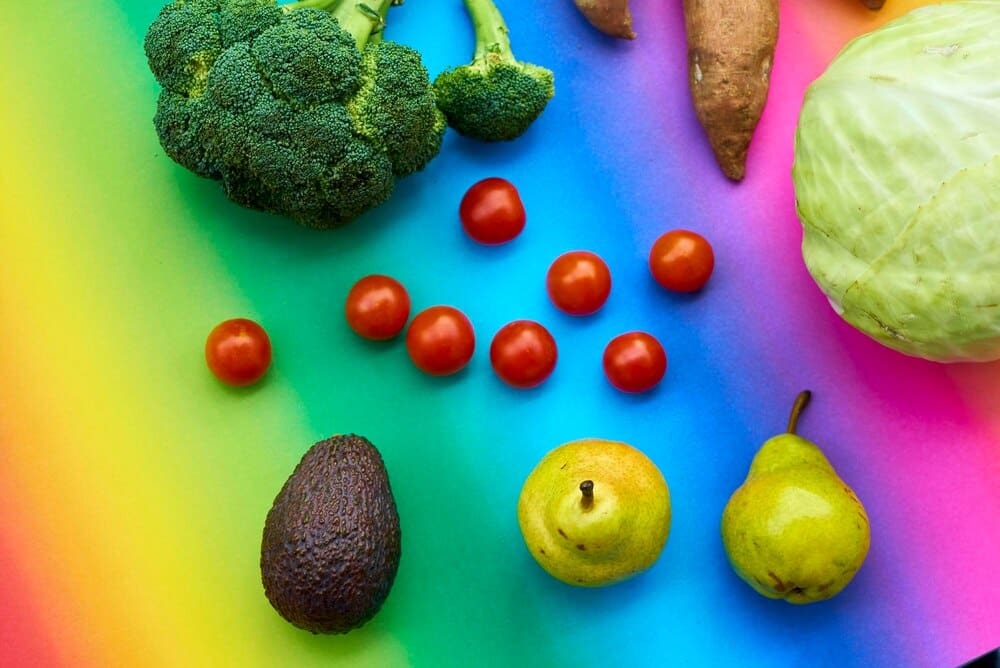A well-planned, whole-food plant-based diet is overwhelmingly associated with significant health benefits, including a lower risk of heart disease, type 2 diabetes, certain cancers, and obesity. For individuals seeking to improve their long-term wellness, shifting towards a diet rich in fruits, vegetables, legumes, and whole grains is one of the most powerful, evidence-backed strategies available. However, the healthfulness of such a diet is not inherent in the label alone; it is entirely dependent on the quality of the food choices. A diet centered on whole, unprocessed plant foods is profoundly different from one consisting of highly processed vegan junk food, making mindful selection the true determinant of its benefits.
Deconstructing the “Plant-Based” Label
The term “plant-based” has become a broad umbrella, covering a spectrum of dietary patterns. Understanding these distinctions is the first step in evaluating their health implications.
At its core, a plant-based diet prioritizes foods derived from plants. This does not necessarily mean excluding all animal products. The key is the proportion and focus of the diet.
The Spectrum of Plant-Based Eating
Vegan: This is the strictest form, excluding all animal products, including meat, poultry, fish, dairy, eggs, and even honey. The motivation can be ethical, environmental, or health-related.
Vegetarian: This pattern excludes meat, poultry, and fish but may include other animal byproducts. Lacto-ovo vegetarians consume dairy and eggs, lacto-vegetarians consume dairy but not eggs, and ovo-vegetarians consume eggs but not dairy.
Pescatarian: Individuals following this diet avoid meat and poultry but include fish and other seafood, alongside dairy and eggs. It is often seen as a bridge between vegetarianism and omnivorous diets.
Flexitarian: Perhaps the most common and flexible approach, this diet is primarily plant-based but allows for occasional, limited consumption of meat and other animal products. It emphasizes inclusion of plant foods rather than strict exclusion of animal foods.
The Scientific Evidence for Health Benefits
Decades of nutritional research have highlighted a strong correlation between diets high in plant foods and improved health outcomes. The benefits are not attributed to a single nutrient but to the synergistic effect of the entire dietary pattern.
Enhanced Cardiovascular Health
One of the most well-documented benefits of plant-based eating is a healthier heart. Diets centered on plants are typically lower in saturated fat and cholesterol, which are major contributors to the buildup of arterial plaque.
Furthermore, plant foods are rich in soluble fiber, which actively helps lower LDL (often called “bad”) cholesterol levels. They also provide an abundance of potassium, a mineral crucial for managing blood pressure, and unsaturated fats from sources like avocados, nuts, and seeds, which support overall heart function.
Reduced Risk of Type 2 Diabetes
Plant-based diets have been shown to improve insulin sensitivity and lower the risk of developing type 2 diabetes. The high fiber content in whole plant foods slows the absorption of sugar into the bloodstream, preventing the sharp spikes in blood glucose that can tax the pancreas over time.
Maintaining a healthy weight is a key factor in diabetes prevention, and the lower caloric density and higher satiety of many plant-based diets can make weight management more achievable.
Lower Cancer Risk
The American Institute for Cancer Research recommends a diet rich in whole grains, vegetables, fruits, and beans for cancer prevention. Plant foods are packed with phytochemicals and antioxidants—compounds that protect cells from the type of damage that can lead to cancer.
Conversely, the World Health Organization has classified processed meat as a Group 1 carcinogen (known to cause cancer) and red meat as a Group 2A carcinogen (probably carcinogenic to humans). Reducing their intake naturally lowers this specific risk.
A Thriving Gut Microbiome
Your gut is home to trillions of microorganisms that play a vital role in digestion, immunity, and even mood. These beneficial microbes thrive on dietary fiber, which is found exclusively in plant foods.
A diet rich in diverse plant sources—from lentils and beans to berries and leafy greens—promotes a more diverse and robust gut microbiome. This diversity is strongly linked to better overall health and a lower risk of chronic inflammatory conditions.
Navigating the Potential Pitfalls
While the benefits are clear, a poorly planned plant-based diet can lead to nutritional gaps. The key to success is awareness and intentional food choices, not simply eliminating food groups.
The “Junk Food Vegan” Trap
The central answer to whether plant-based diets are inherently healthier is no. A diet consisting of vegan cookies, sugary sodas, refined white bread, and fried plant-based snacks is still an unhealthy diet. These foods, while technically free of animal products, are often high in sodium, unhealthy fats, and added sugars, while being stripped of fiber and micronutrients.
The goal should always be a whole-food, plant-based diet. This emphasizes foods that are as close to their natural state as possible, maximizing nutrient intake and minimizing harmful additives.
Key Nutrients to Monitor
When reducing or eliminating animal products, it’s crucial to ensure you’re getting enough of several key nutrients that are less abundant or less bioavailable in plants.
Vitamin B12: This is the most critical nutrient of concern. Vitamin B12 is produced by bacteria and is not found reliably in plant foods. Vegans must obtain it through fortified foods (like plant milks and nutritional yeast) or a dedicated supplement.
Iron: Plants contain non-heme iron, which is not as easily absorbed as the heme iron found in meat. To maximize absorption, pair iron-rich plant foods like lentils, spinach, and tofu with a source of vitamin C, such as bell peppers, citrus fruits, or broccoli.
Omega-3 Fatty Acids: Essential for brain health, it’s important to get enough omega-3s. While plant sources like flaxseeds, chia seeds, and walnuts provide ALA, the body’s conversion to the more active forms, EPA and DHA, is inefficient. An algae-based EPA/DHA supplement can be a valuable addition.
Calcium: Dairy is a well-known source, but ample calcium can be found in fortified plant milks, tofu made with calcium sulfate, tahini, almonds, and dark leafy greens like kale and collard greens.
Protein: The myth that it’s difficult to get enough protein on a plant-based diet has been thoroughly debunked. By eating a varied diet that includes protein-rich sources like legumes (beans, lentils, chickpeas), soy products (tofu, tempeh, edamame), quinoa, nuts, and seeds, meeting protein needs is straightforward.
Making a Sustainable Transition
Shifting your dietary pattern doesn’t have to be an all-or-nothing, overnight change. A gradual, mindful approach is far more likely to lead to lasting success.
Start by focusing on addition, not just subtraction. Challenge yourself to add one more serving of vegetables to your lunch and dinner. Try incorporating “Meatless Mondays” or swapping cow’s milk for a fortified plant-based alternative in your morning coffee or cereal.
Think about simple swaps. Use lentils in place of ground meat in a pasta sauce, or build a burrito bowl with black beans as the star instead of chicken. These small changes build momentum and allow your palate and habits to adjust over time.
The Final Verdict
A plant-based diet is not a magic bullet, but it is a powerful tool for building a healthier life. When centered on whole, minimally processed foods, it delivers a wealth of fiber, vitamins, minerals, and protective compounds that are scientifically proven to lower the risk of major chronic diseases. The health benefits are not derived from the “vegan” or “vegetarian” label itself, but from the conscious decision to build a diet around nutrient-dense plants. By focusing on quality and ensuring key nutritional needs are met, embracing a more plant-forward way of eating can be a profoundly positive and sustainable investment in your long-term wellness.







